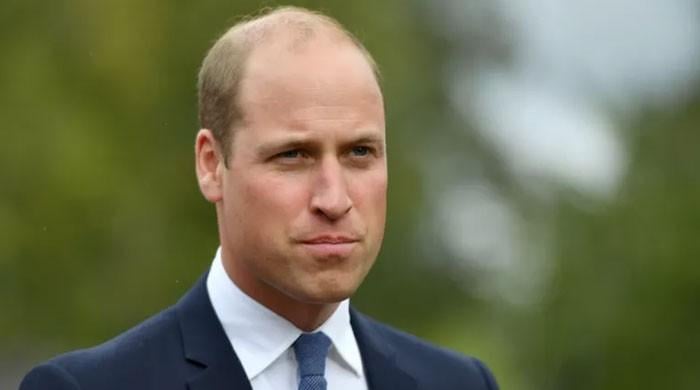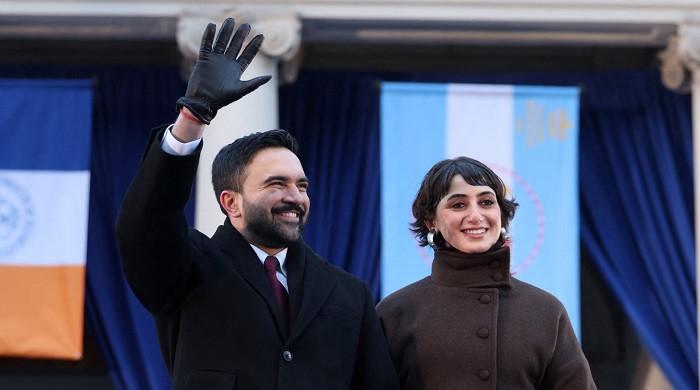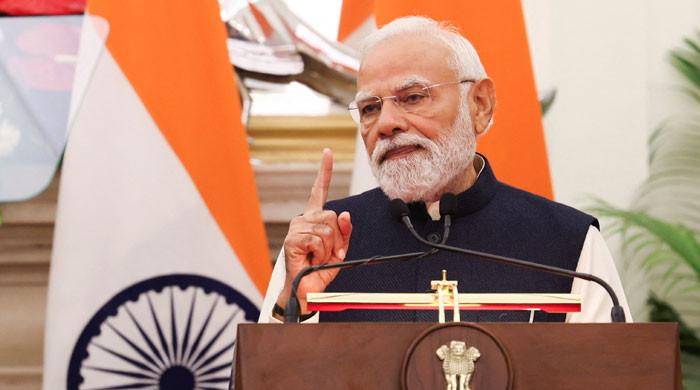Prince William details struggle with anxiety, saying his weak eyesight defeated his fear
Prince William went into discourse about the mental health issues that are faced by men
May 28, 2020

Prince William despite being in the spotlight from a very young age, has struggled with fear and nervousness when it comes to big speeches and large crowds.
Detailing his struggle with anxiety when it came to delivering important addresses, the Duke of Cambridge said his eyesight had been one of the key things that helped him overcome the issue.
William had been speaking about mental health issues in the documentary Football, Prince William and Our Mental Health, which was filmed over the period of a year.
In the documentary, William went into discourse about the mental health issues that are faced by men while relating it to the sport of football as many fans and players are known to be struggling.
During the documentary, the prince was asked by a grassroots footballer whether he too felt perturbed about being in the spotlight.
Crediting his weak eyesight for easing his nervousness, William said: “My eyesight started to tail off a little bit as I got older, and I didn’t use to wear contacts when I was working, so when I gave speeches I couldn’t see anyone’s face.”
“And it helps, because it’s just a blur of faces and because you can’t see anyone looking at you – I can see enough to read the paper and stuff like that – but I couldn’t actually see the whole room. And actually that really helped with my anxiety.”
The documentary was launched by the Heads Together initiative partnering with Football Association to urge football supporters to seek help for their mental health problems.
During the filming of the documentary, William had visited the West Bromwich Albion Football Club where he met players who have gone through the pain of their loved ones committing suicide.
The duke touched base on the topic of male suicide, labeling it “one of the biggest killers” of men under the age of 45.
“As pain and grief goes, and I’ve heard this from sadly too many families who have been bereaved by suicide, it is one of the rawest forms of grief because you’re left with so many unanswered questions. Could I have done more, should I have done more, why did they do it?” he said.
“Men seem to have a real issue with opening up and being able to talk about it. If we can have a major impact on lowering suicide rates, that’s a success from this campaign.”









